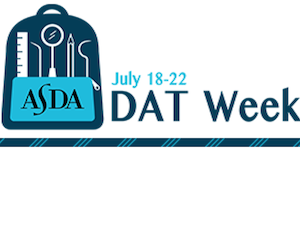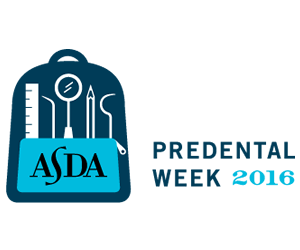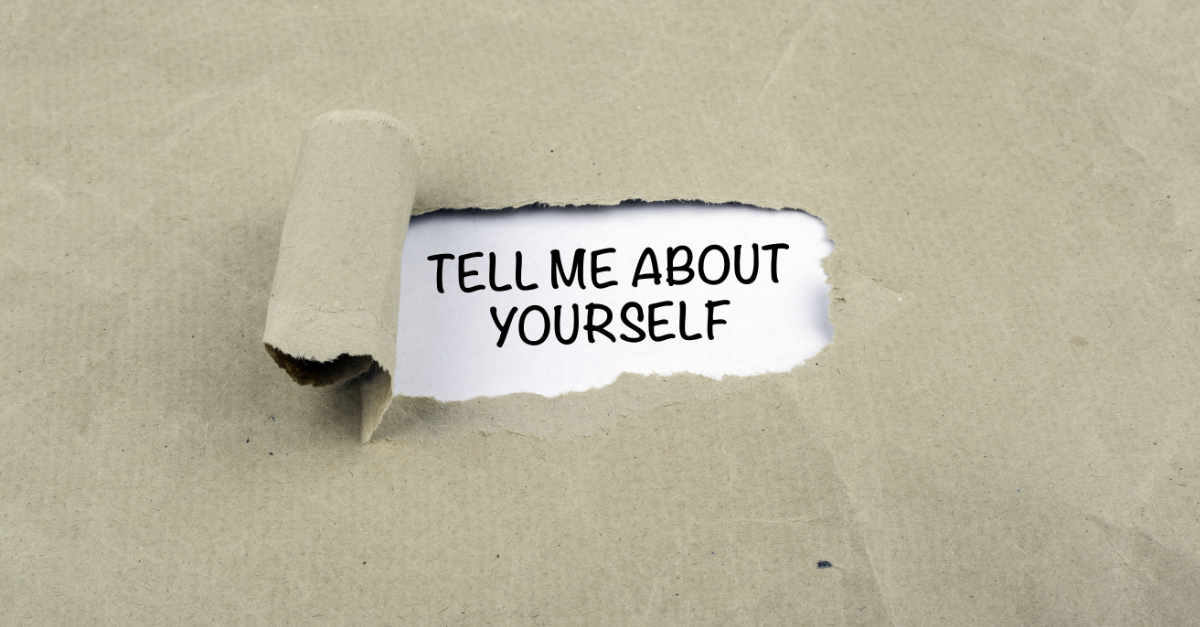This article originally ran on ASDA’s blog, Mouthing Off, on Feb. 3, 2016. ASDA encourages all predentals to join us in celebrating DAT Week 2016 and becoming a member of the association.
Remember studying for the SATs? Or maybe you don’t because you didn’t need to. Now we’re older and smarter, and have made the decision to pursue dentistry as a career. With that though comes its own set of preparation, most notably the Dental Admission Test (DAT). This past summer, I prepped and took the DAT. This exam is certainly no SAT, and anyone who’s set on taking it has to prepare. In my preparations for the DAT, I acquired some helpful strategies and tips that I have compiled into five simple steps to help you succeed on the DAT.









